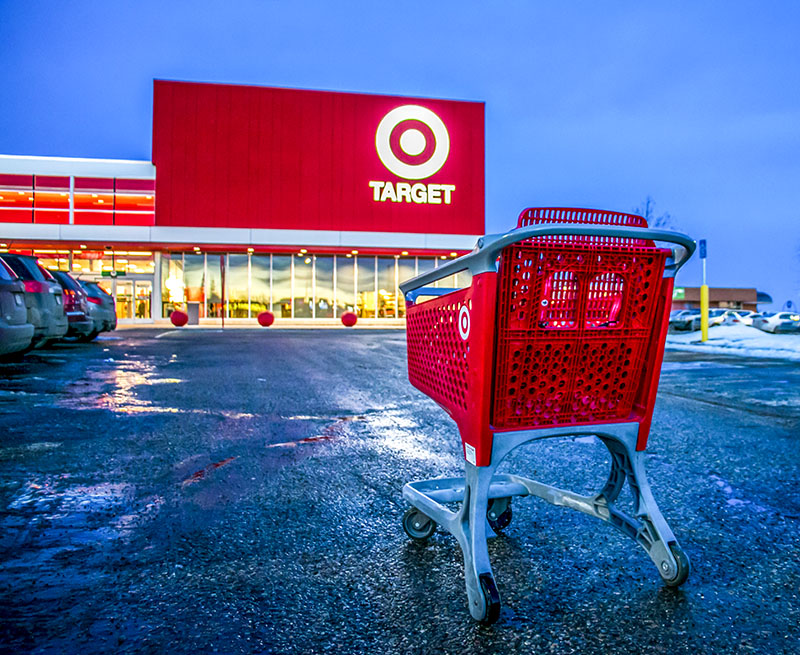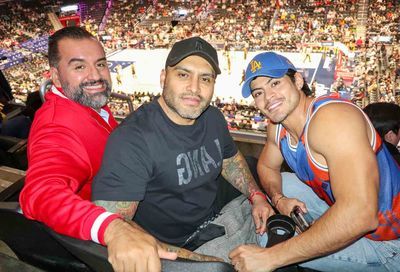According to Bump Williams, Bud Light brand manager Alissa Gordon Heinerscheid — one of two employees placed on leave following the fallout from the partnership with Mulvaney — attempted to appeal to a younger, more politically progressive market but ended up offending more conservative longtime drinkers by saying she was trying to expand the brand had a “fratty, kind of out-of-touch humor.”
“Her big miss was I don’t think she understood who the core Bud Light shopper was,” Williams told the St. Louis Post-Dispatch. “When she came out with her comments, they were deemed as being derogatory, insulting and juvenile. And the Bud Light drinkers said ‘Enough of that.'”
Williams says the drop in sales is hurting beer distributors by costing them millions of dollars daily. He recommends that Anheuser-Busch cooperate with beer distributors to find a way to win back longtime consumers and apologize to its conservative customer base for enlisting Mulvaney in the marketing campaign.
Absent that, sales are likely to continue to plummet, Williams says.
While it’s unclear how long the boycott of Anheuser-Busch products will last, the company’s stock hasn’t performed as poorly, having only fallen about 3% from last month, suggesting Wall Street isn’t as worried about a prolonged backlash against the company.
Bud Light is also receiving backlash from the LGBTQ community and its allies — who were already skeptical of Anheuser-Busch’s commitment to LGBTQ issues, citing the company’s past donations to anti-LGBTQ politicians — for what they see as the company’s attempt to backtrack on the Mulvaney campaign.
Brendan Whitworth, the CEO of Anheuser-Busch, the parent company of Bud Light, issued a tepid statement seeming to apologize to the beer company’s customers for any upset caused by partnering with Mulvaney. “We never intended to be part of a discussion that divides people,” he said.
But the apology was slammed for lacking substance, particularly by conservatives who were angry the company didn’t fully denounce Mulvaney and distance itself from attempts to appeal to progressive consumers.
Jared Watson, an assistant professor of marketing at New York University, told CNN that the company should have stood by Mulvaney, which could have resulted in better brand loyalty from progressives and offset some of the decline in sales.
But when it failed to defend Mulvaney after anti-transgender forces targeted her, its attempts at damage control undermined its attempt to expand its consumer base.
“They did this half-step backwards, which doesn’t satisfy their existing market,” Watson said, noting, “this [progressive] market they’re trying to appeal to … sees this as an inauthentic move. And so [Bud Light ended up] in a position where they’ve satisfied nobody.”

























You must be logged in to post a comment.